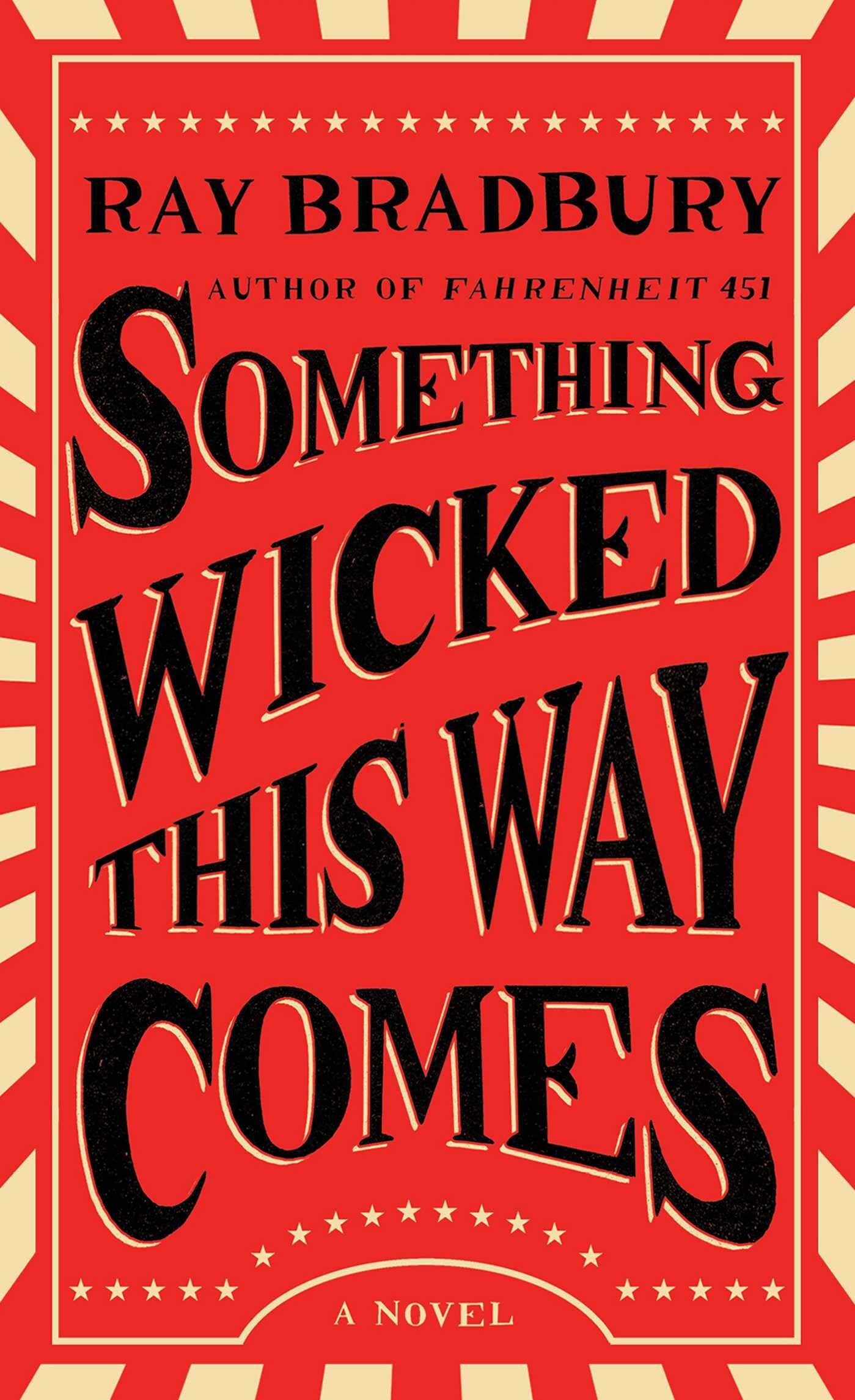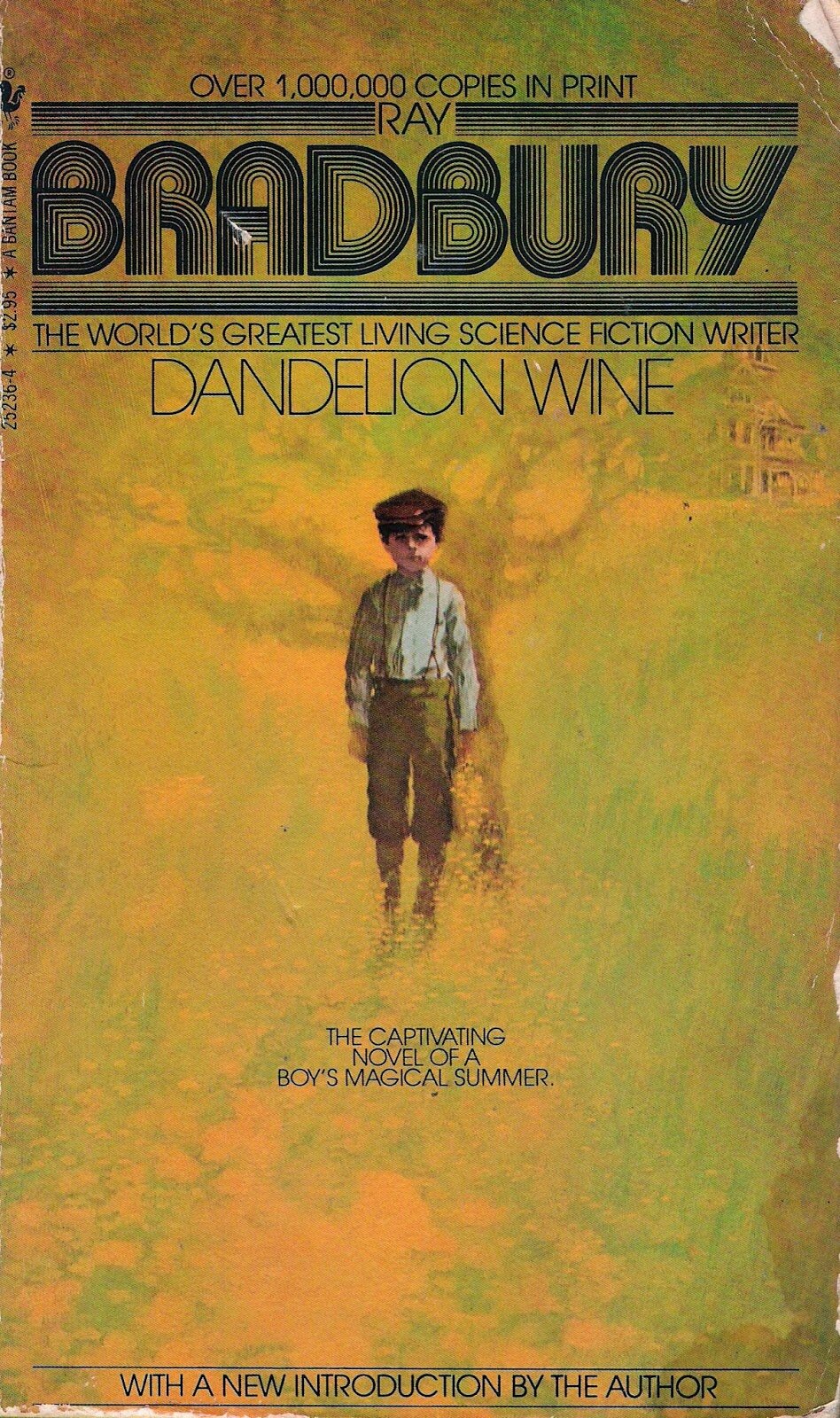Ray Bradbury Centennial post August 20, 2020
/Daily Ray Bradbury Centennial post. Retrospect is valuable and hazardous. Reading Bradbury retrospectively brings to light connections shadowed by the fine writing, the ideas, the kaleidoscope of so many stories. I see now the late Hollywood trilogy, I understand the connection Bradbury drew between the death of the imagination and the rise of totalitarianism, and I appreciate his use of different prose styles in different purposes. Now, thinking about Something Wicked This Way Comes (1962), I see its setting in the Green Town stories, which include three novels and at least two collections. In particular, I am fascinated by the summer brightness of Dandelion Wine and the autumnal shadows of Something Wicked This Way Comes. The two books, part of that Green Town series, are intimate cousins, two sides of the same coin. The coin is Bradbury’s payment to the debt of his childhood and his self-education. A carnival comes to town. Two boys become involved in the thrill, psychically, physically, spiritually involved. The stakes are high, the characters are complicated, the shadows shift and reveal contradictions in what we thought we knew. Significantly, Bradbury delivered Something Wicked as a whole novel, as if he knew that the story must be taken as a whole draft, a mug of apple cider, rather than the tray of caramel apples that his collections were. Bradbury, despite comments by inattentive critics, was capable of the big picture both in the work and across the works. Something Wicked demonstrated this and thus is a key to more treasure. The hazard I mentioned in the beginning? Bradbury was 42 when he published Something Wicked. He had been published for 24 years. He had 50 years of creative life left. He published an essay in The New Yorker a week before he died.


